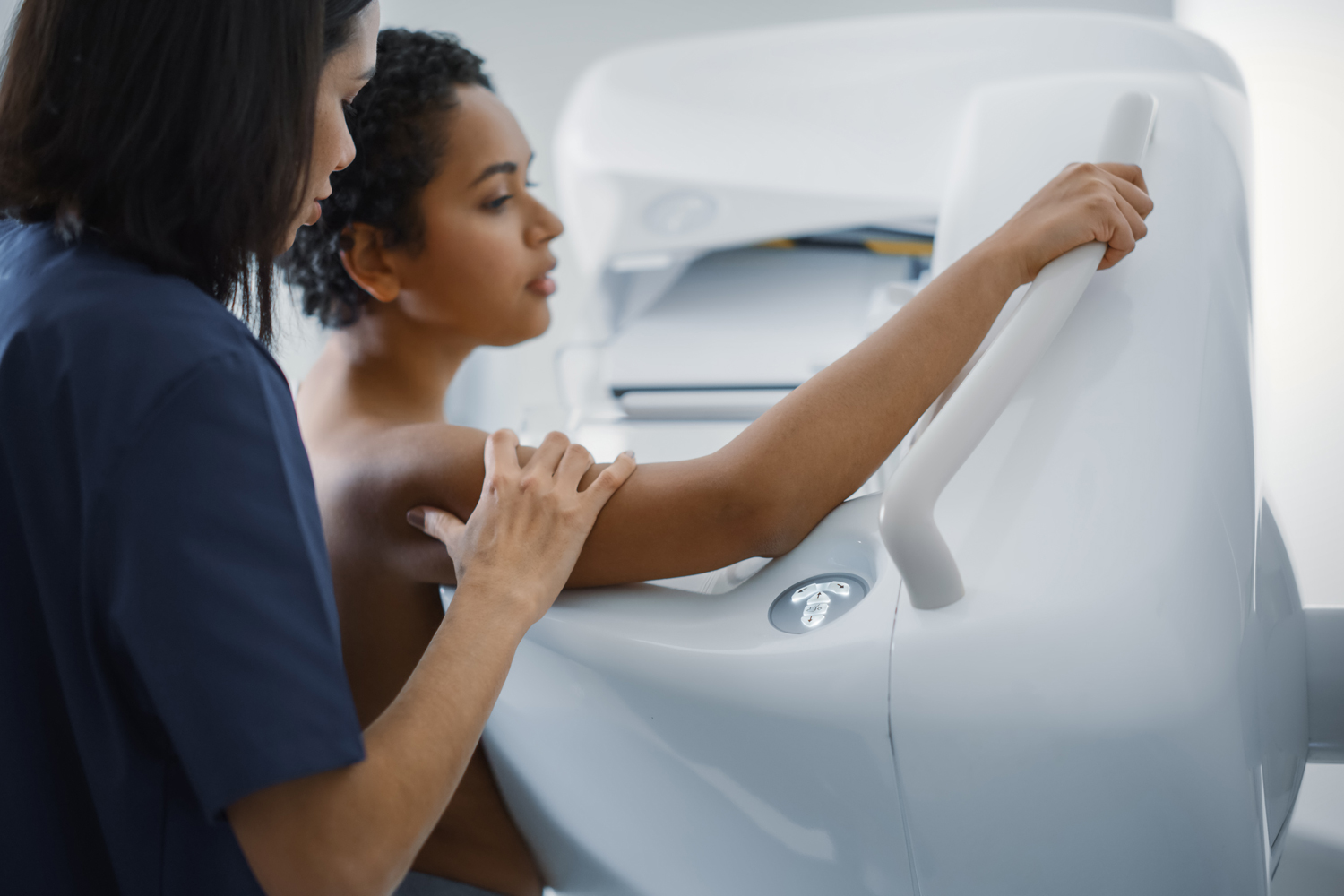Screening for Mammograms Should Start at 40
The United States Preventive Services Task Force announced a new draft recommendation that all women begin screening mammography at age 40, a decade earlier than the previous recommended time frame The move for women to start screening every other year at age 40 has spurred some to question what fueled the recent change, according to a May 9 article in STAT. “I think people are going to be surprised,” said Ruth Etzioni, a biostatistician who studies cancer screening at the Fred Hutchinson Cancer Center and who is not a task force member. “Change always happens over time, obviously, as the evidence evolves. At the same time, there needs to be a compelling reason and in the materials here, I don’t see a compelling reason yet.” Breast cancer screening can save lives, the article noted, but it can also lead to false positives, unnecessary biopsies, and diagnosis or treatment of cancers that paradoxically never needed intervention. Among reasons for the change, task force members cited a recent uptick in breast cancer incidence at 2% per year in women in their 40s.
Personalized Pancreatic Cancer Vaccines Launch Promising Immune Response
A small study on a personalized cancer vaccine for pancreatic cancer is fanning hopes for better treatment of this lethal cancer, a May 10 New York Times article reported. In the study, published in Nature, half of 16 patients who received a personalized mRNA vaccine, made using features of the person’s tumor cells, had a high level of neoantigen-specific T-cell response. This tumor-specific immune response suggests the personalized vaccine immune system could recognize and fight cancer cells. All patients in the study had surgery to remove the cancer prior to receiving the regimen. Most patients received immunotherapy, the vaccine and chemotherapy. In patients who did not appear to respond to the vaccine, the cancer returned at a median of about 13 months after surgery. Patients who did have an immune response, though, showed no signs of relapse during the roughly 18 months they were tracked. “This is the first demonstrable success—and I will call it a success, despite the preliminary nature of the study—of an mRNA vaccine in pancreatic cancer,” said Anirban Maitra, a pancreatic cancer specialist at the University of Texas MD Anderson Cancer Center in Houston, who was not involved in the study. “By that standard, it’s a milestone.” One patient who developed a growth in the liver also showed evidence of a vaccine-activated immune response. The growth later disappeared in imaging tests, the New York Times reported. “It’s anecdotal, but it’s nice confirmatory data that the vaccine can get into these other tumor regions,” said Nina Bhardwaj, a cancer researcher at the Icahn School of Medicine at Mount Sinai in New York.
Surgery Is Superior to Radiation Therapy for Early-stage Lung Cancer
People with early-stage lung cancer who are healthy enough to choose between surgery or targeted radiation to remove their cancer may fare better if they choose surgery. That’s according to research presented at a meeting of the American Association for Thoracic Surgery on May 8. The study compared surgery with stereotactic body radiation therapy, which is a type of targeted radiation that spares healthy tissue. In the initial study looking at data from more than 30,000 patients who underwent surgery or radiation for their cancer, both options were equally good in terms of short-term survival. However, overall five-year survival rates between the two groups were very different: 71% for people treated with surgery versus 42% for those who received radiation, HealthDay reported. Noting that many people who opt for radiation may not be surgical candidates because they are sick and therefore have a worse prognosis, researchers then looked at 528 patients who were healthy enough to undergo surgery and chose to get radiation, finding their five-year survival rate was 56%, higher than the larger radiation group but not as high as the 71% survival in people who got surgery. “Radiotherapy has usually been reserved for patients who couldn’t tolerate surgery, who are too frail, too sick, whatever reason,” said Brooks Udelsman, a cardiothoracic surgeon with Yale School of Medicine in New Haven, Connecticut, who was the lead researcher in the study. “But we’ve seen this growing number of patients who would be good operative candidates elect to get radiotherapy instead. We understand that there’s a convenience to it and it’s less scary, but there is a disadvantage in long-term survival.”
Cancer Today magazine is free to cancer patients, survivors and caregivers who live in the U.S. Subscribe here to receive four issues per year.





